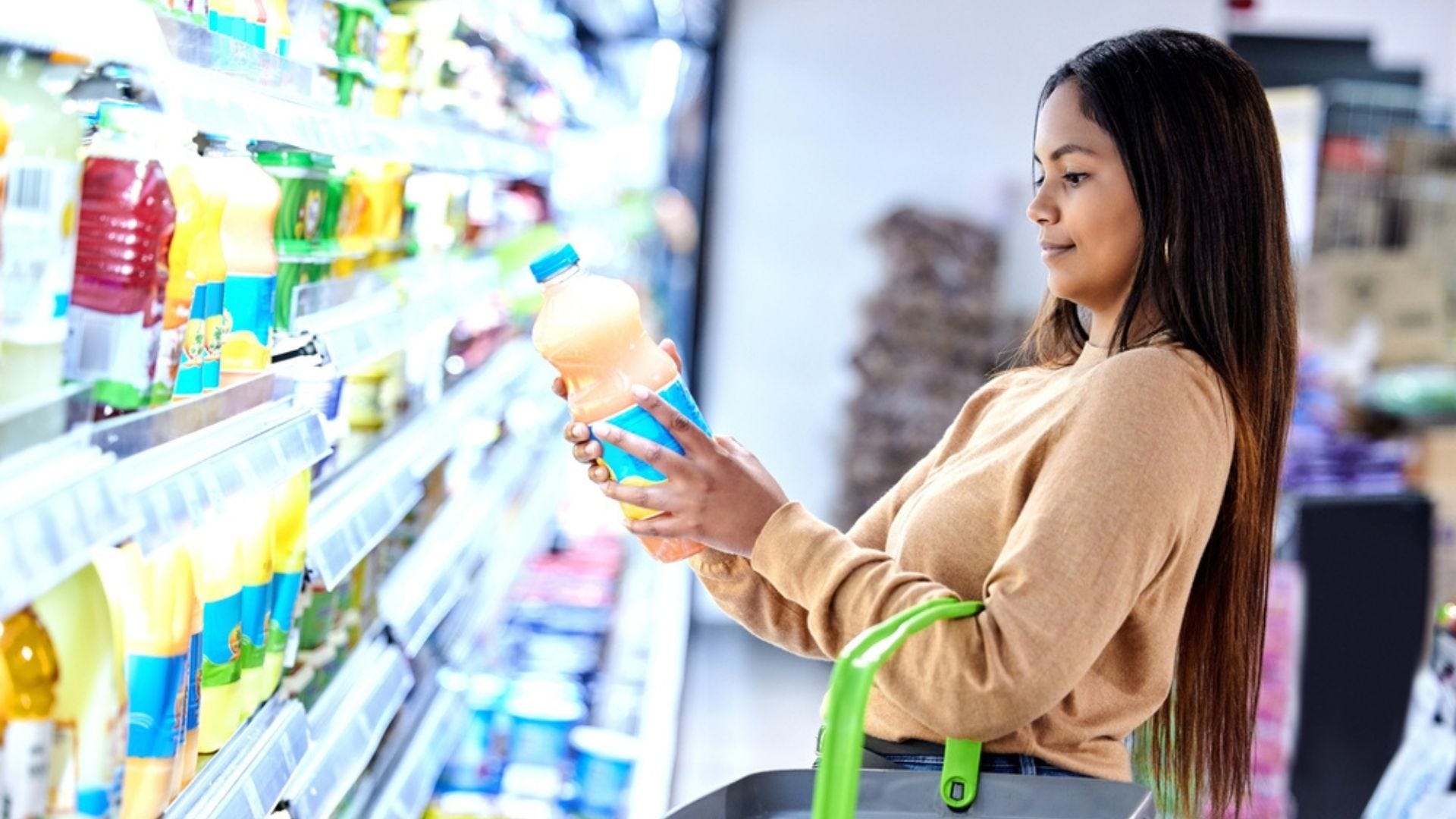
The FDA redefines which foods can be described as “healthy”.
Food must contain certain ingredients and stand under specific limits for additional sugar, saturated fat and sodium as “healthy”.
Scripps News
- March is the national nutritional month to concentrate on healthy eating habits.
- This year’s topic is “Food Connects Us” and emphasizes the social and cultural aspects of food.
- The tips for connecting with food are learning to learn local resources, visiting the farmers’ markets and preparing meals at home.
Stay on it, spring is just around the corner. I tell myself that every time I bundle myself for the cold temperatures and navigate through ice and snow. Give me warmer days, flowers and garden vegetables.
If we welcome the march for the change of season, it is time to celebrate the national nutritional month. This is an annual campaign to raise awareness of the decision about well -founded foods and to develop healthy eating habits and physical activity habits.
In conjunction with the National Nutrition Month, the OHIO State University Extension is offered live healthy live well team a Spring -Webinar series “Well: The Plate and Beyond”. The series will concentrate on nutrition and healthy eating and is on Wednesdays, 5th, 12th, 19th and 26th March, 12:00 p.m. to 12.30 p.m.
Topics are:
- March 5th – Nice and thrive: What you eat
- March 12 – Cooking connections: food, family and friends ”
- March 19 – in Rome: A guide to eat on vacation
- March 26 – Eat well in every life level
Register for one or more of the free webinars at https://go.osu.edu/lhlwwebinars.
The webinar topic is Food Connect us
The webinar series follows the topic of the national nutritional month – Food connects us. The Academy of Nutrition and Nutrition offers this information on your topic for the month.
For many of us, food is a connection factor. The food connects us with our cultures, our families and our friends. Sharing a meal is an opportunity to learn about your preparation who has made it and where the ingredients are obtained. In addition, health, memories, traditions, seasons and access can affect our relationship with food.
The various ways to connect with food are to prepare and learn how to prepare and learn their own meals and snacks how the ingredients they eat are grown and raised.
Here you will find some additional tips for connection with food:
- Use a grocery list when buying food in a shop and pay attention to sales. If food is less processed, it is often more affordable.
- Learn more about resources in your community that offer access to healthy foods, such as: B. Supplemental Nutrition Assistance Program Snap), infants and children (WIC) and food banks.
- Visit a Famers’ Market to ask how your food has grown or grew up, or consider to found a house or community garden to gain practical experience with the growth process. Regardless of whether you have a state of health, it requires that you eat in a certain way or just want to make changes to your diet. The preparation of your own meals makes it easier to control the ingredients and their quantities. It is also an opportunity for children and adolescents to interact with the food they build food and healthy eating habits.
Food combines us with health. After a healthy nutritional pattern that is rich in fruit and vegetables, whole grain products, lean protein and dairy products or enriched milk alternatives can prevent chronic diseases and promote good health.
Consider connect with a nutrition expert or visit myplate to learn how to better meet the nutritional needs throughout the lifespan. Myplate is a visual guide from the US Agricultural Ministry that helps people meet healthy food.
The start simple with myplate app is a free tool with which you can determine personalized goals for health permissions and pursue your progress on these goals. If you want to receive personalized nutritional information to achieve your health goals, ask your basic supplier after a transfer to a registered nutritionist.
Laurie Sidle is a family and consumer science of Ohio State University Extension and 4-H program assistant and can be achieved at 330-264-8722 or Sidle.31@osu.edu.



